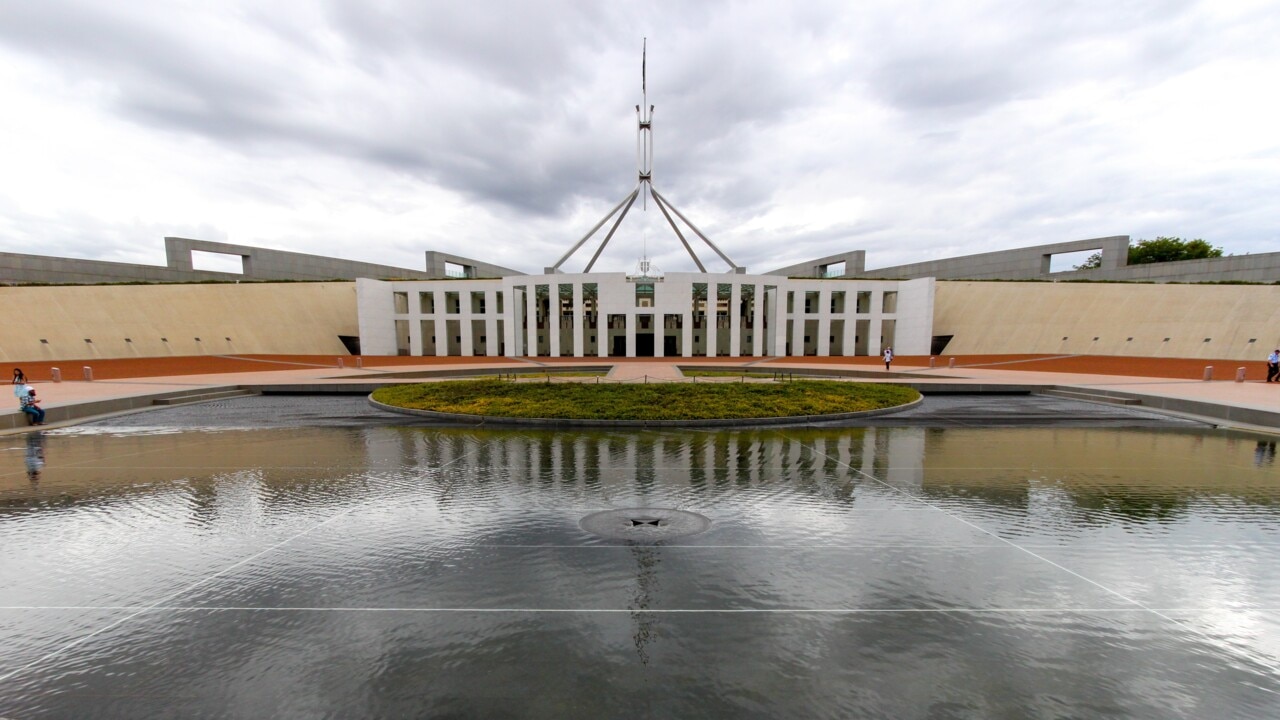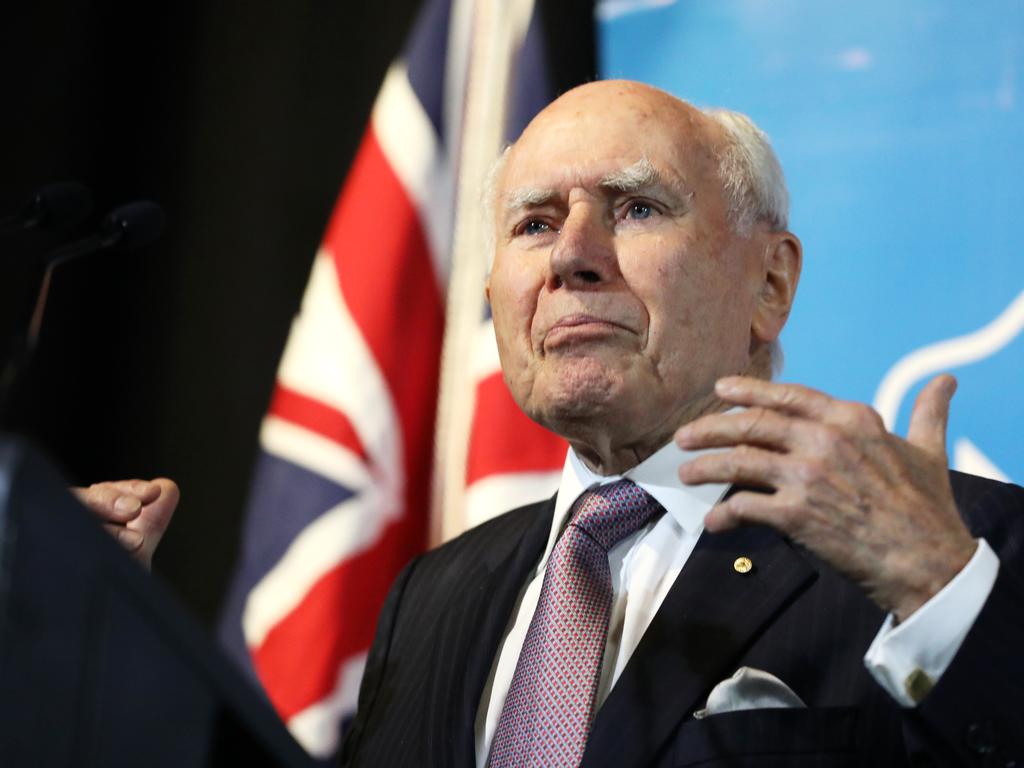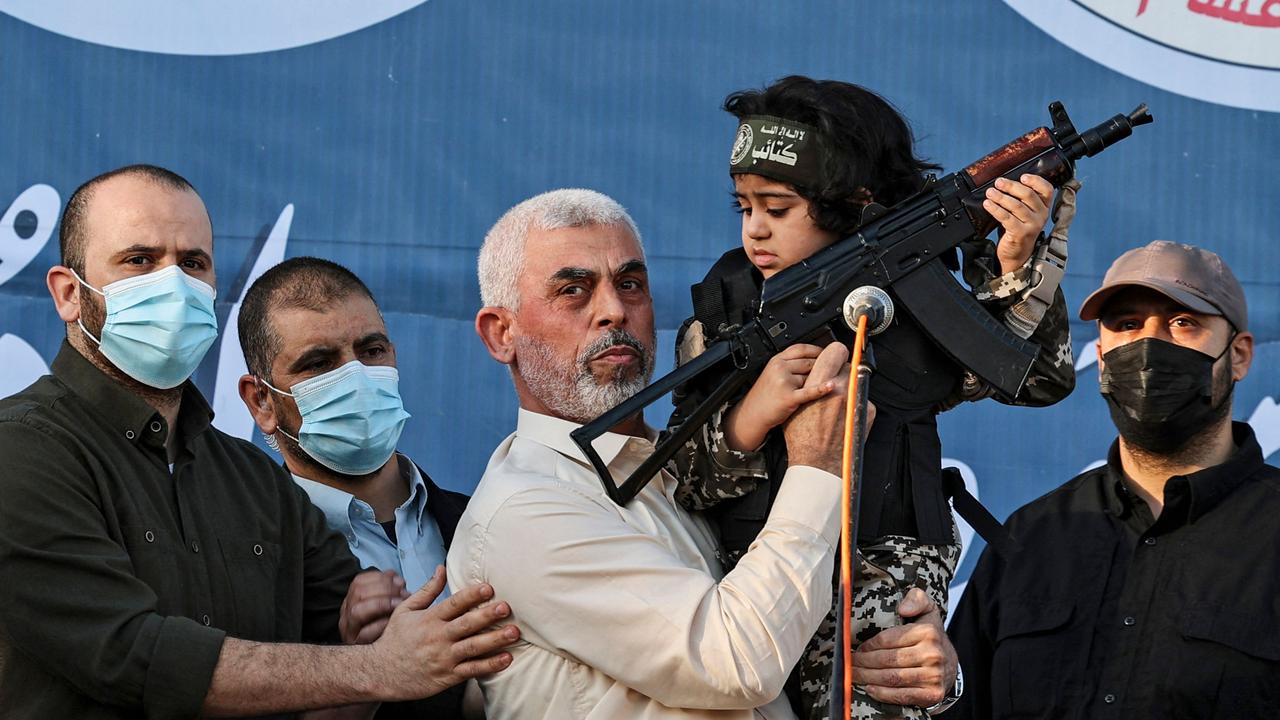Four-year term won’t fix political malaise
Longer terms won’t get more out of the political class. What we need is to tackle the brain-dead nature of party discipline and address the levels of media scrutiny inflicted on politicians and their families.

The lament about the declining state of politics in this country has led to the ultimate non sequitur: federal parliament must move from three-year to four-year terms.
This week Peter Dutton added his voice to the growing calls for four-year terms. Anthony Albanese already has declared himself a fan, alongside the Business Council of Australia, several trade union leaders and most insiders who wax lyrical over a beer about what’s wrong with modern politics.
But four-year terms could make a bad situation even worse.
The fallacy of what four-year terms could repair within our body politic reaches far and wide: governments will find their reforming backbones; oppositions won’t be so obstructionist, with one eye on the next election, but instead will develop bigger and better alternative agendas; the media will get over its obsession with horserace journalism, focusing instead on the substantial policies that matter.
You don’t need a PhD in political science to understand that while these things are problems in modern politics, the solution isn’t four-year terms. That isn’t even a small part of the solution.
Even if we put to one side the fact it might not be the best idea to give younger voters less of a say when they are losing faith in the concept of democracy, there are numerous other reasons to stick to three-year terms.
For a start, most advocates for four-year terms like to point to the need to recapture the reforming zeal (and courage) shown in decades past, to help today’s leaders lead, undistracted by looming elections. They point to the likes of Bob Hawke, Paul Keating and John Howard – all former prime ministers who operated within the three-year electoral cycle.
If we search for governments already operating under four-year electoral cycles we land in the realm of state politics. Most Australian states fall into that category. Does anyone seriously think that our recent state governments have achieved all that much? Or that the media coverage of state politics excels? Even if you do, good luck finding a causal link to four-year terms.
Even more laughable, does anyone really think oppositions at state level are robust in holding governments to account? In Western Australia the Liberal opposition consists of two MPs in a chamber of 59.
To really press the point we could turn our attention to Britain with its five-year electoral cycles. Are governments there especially reforming by nature? Do we think Fleet Street covers politics on a higher plane?

Then we have the notion that modern oppositions would do better under four-year terms because without them they are too electorally focused. In fact longer stints on the sidelines are likelier to breed complacency within opposition parties and risk growing rot and factional infighting, undermining an opposition’s capacity to hold government to account.
And the notion that one defeat from opposition could consign a party to a minimum of eight years out of power could act as a disincentive to fresh talent even going into federal politics.
Even the idea that oppositions don’t risk big-target politicking because of three-year terms is false. Look at Bill Shorten’s platform at the 2019 election.
We know weak opposition usually weakens the resolve of governments. The whole premise of the adversarial Westminster system is built on a robust opposition holding government to account.
While the notion of giving a government more time before it needs to go to the polls suggests it will achieve more if it is less accountable to those pesky voters, in practice – as we’ve seen at the state level – the government simply enjoys the trappings of incumbency and has longer to build its electoral arsenal for next time, taking advantage of said incumbency.
That means more money raised courtesy of political donations and at business roundtables, further weakening the electoral viability of the opposition.
This is why we have seen entrenched, long-term state administrations that achieve little – as opposed to federal governments, which achieve more, even if we’d like to see them lift their game further – alongside weak state oppositions that spend longer on the sidelines and struggle to attract talent into their parliamentary ranks.
In truth, four-year terms should be viewed as a red herring when it comes to debates about how to get more out of the political class, and how to get better players interested in a political career. Better ways of achieving such outcomes involve tackling the turn-off of factionalism and the brain-dead nature of party discipline, and addressing the levels of media scrutiny inflicted on politicians and their families.
Addressing the relatively low levels of remuneration compared with what most MPs could earn outside of parliament and overcoming the zoo that is Canberra also are ways of elevating the political discourse. Spending nearly half the year in Canberra away from one’s family and home base has to be a barrier to entry for many who otherwise might consider a career in politics.
This opens us to another factor stifling the quality of the political class today: careerism versus the old-fashioned view that politics is a calling. To become a modern politician, someone usually has to make that decision at a relatively early stage so they can build a career in politics. That means time working as a staff member, a unionist or at the very least immersing oneself in the organisational endeavours of a political party. Such people, once they get into parliament, are less likely to champion risky, bold reforms and have less real-world career experience. Term limits have nothing to do with addressing this deficiency.
Finally, what happens to the Senate if we move to four-year terms for the lower house? Does the Senate move to eight-year terms? Surely most would agree that is too long. Or does the whole Senate go up for re-election every four years? That would halve the quota for election, as happens at current double-dissolution polls.
More crossbenchers would make it even harder for governments to pass legislation. You could abolish the Senate, but that would uproot its role of equalising representation among the states and remove an important check and balance within our system.
There is no easy answer to what to do about the Senate if we shifted to four-year terms. The unintended consequence on our upper house in and of itself is good reason to stop all the musing about four-year terms.
Anyone convinced by this article and therefore worried about the growing list of advocates for four-year terms getting their way can relax. It requires a constitutional referendum. Even with bipartisan support I’m not sure the Prime Minister has the stomach for that after what happened to the voice.
Peter van Onselen is a professor of politics and public policy at the University of Western Australia and Griffith University.





